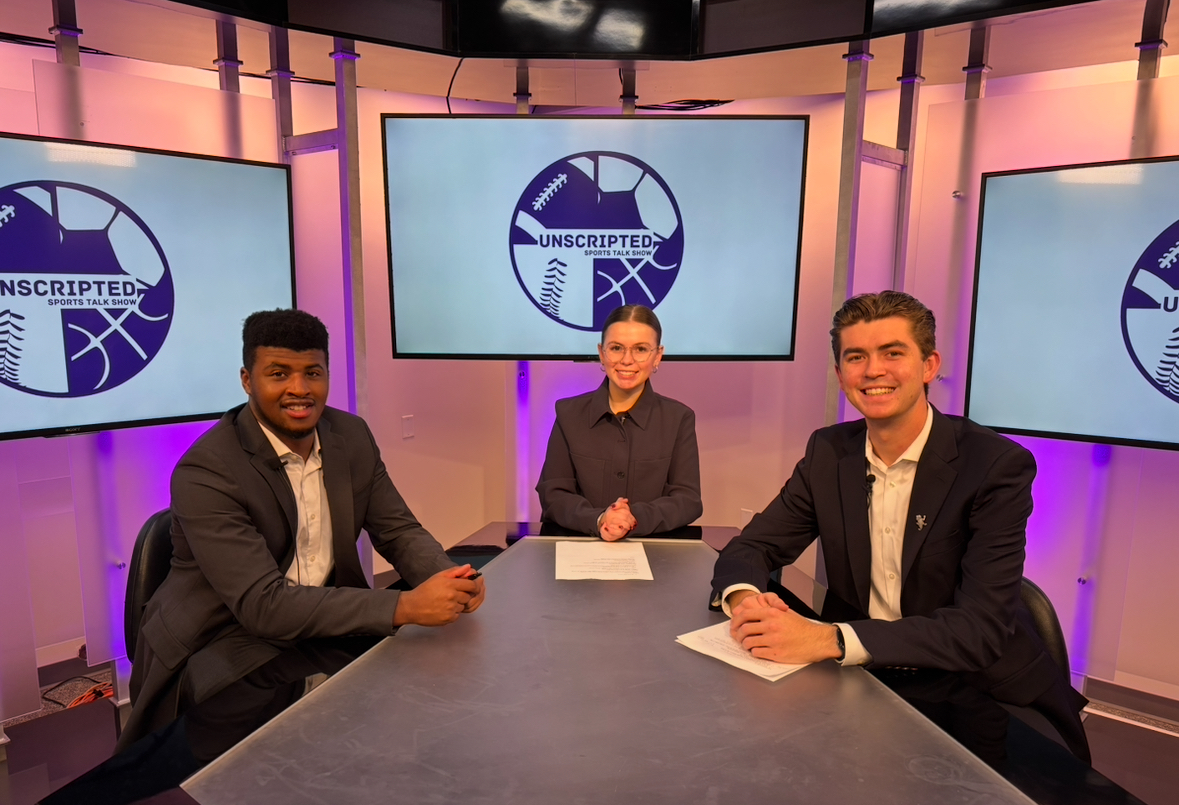Can you name the two men currently running for President? How about the vice presidential candidates? Do you know how many senators represent each state or how many years each serves? What are the three branches of government? Can you identify one of the five rights given under the first amendment of the Constitution?
If you answered “No” to any of these questions, do me and the entire country a favor in the upcoming November elections: don't vote.
Many would react extremely negatively to this request. This is because, in part, of organizations like Rock the Vote or Vote or Die, which do everything they can to make registering to vote easy. These organizations appeal to young, often-uninformed voters by setting up booths and tables at concerts and other events. They use famous celebrities, catchy slogans and appealing commercials. They help make people feel like they're doing their part by signing up to vote for the next president. Voting, these organizations believe, is something every citizen should do – even those who don't know a thing about our government.
During the last election, a video interview of twelve different voters became popular online . The voters were asked simple questions about each candidate's political history and beliefs and other notable Washington politicians. “Who is Nancy Pelosi?” the cameraman asked. Not one person knew. “Which candidate won their first election by getting all their opponents kicked off the ballot?” Most incorrectly accused Sen. John McCain. They also didn't know which party controlled Congress at the time, who Sen. Harry Reid or Rep. Barney Frank are, and an assortment of other relatively simple questions. Similar videos of uninformed voters for the upcoming election have also recently gone viral. Now, these people could very well be nice, hard working, and family-oriented Americans with a great hearts. That doesn't mean, however, that they have any place in determining the next president of the United States.
In fact, it is because of uninformed voters like these that I fear for the future of our country. When people vote based on the color of a candidate's skin, government benefits (like free phones) they have received, or catchy campaign slogans about “moving forward,” how can we feel confident the best candidate will win the race? Voting should be viewed as a privilege – not a birthright. Today, too few voters know or understand the political beliefs of the candidate whose name they select on their ballot. In order to earn the privilege of helping to choose the next leader of the free world, voters should at least be able to demonstrate a solid understanding of the most basic aspects of the U.S. government. Voting is obviously important, but an informed electorate, our Founding Fathers believed, was the most fundamental necessity of a successful democracy.
Therefore, perhaps it shouldn't be so easy for organizations like Rock the Vote to register voters. Teenagers shouldn't be able to register to vote by signing their name at a booth set up outside a rock concert. Eligibility should be based on more than simply having a photo I.D. Because voting comes with an extremely important responsibility that so many voters often forget, eligible voters should have to pass a political literacy test.
The term “literacy test” may carry with it a somewhat negative connotation, because of the tests African Americans had to take during the American post-slavery recovery period. But, this doesn't mean that the idea of a new and improved political literacy system should be automatically disregarded. Questions as simple as a those on a grade school American government quiz would suffice. Furthermore, this system would give those uninformed voters incentive to learn the basics of government and everyday political activities, allowing America to take one more step towards becoming an ideal democracy.
As a nation, we need to realize that a larger voter turnout each election is not what is best for our country. In a perfect democracy, every citizen would not only care about politics, but would know about it as well. Our democracy is not perfect, however, and therefore only a small percentage of citizens are well-informed about the politics that shape our everyday lives, and even fewer truly care. No matter how small this number may be, it is those people, and only those people, who should be heading to the ballots in November. Everybody else? Stay home.



